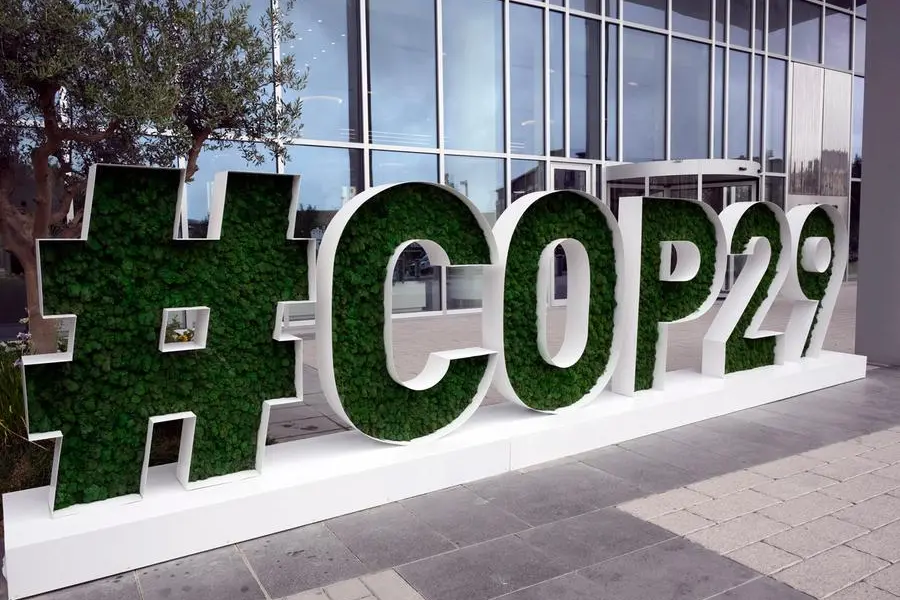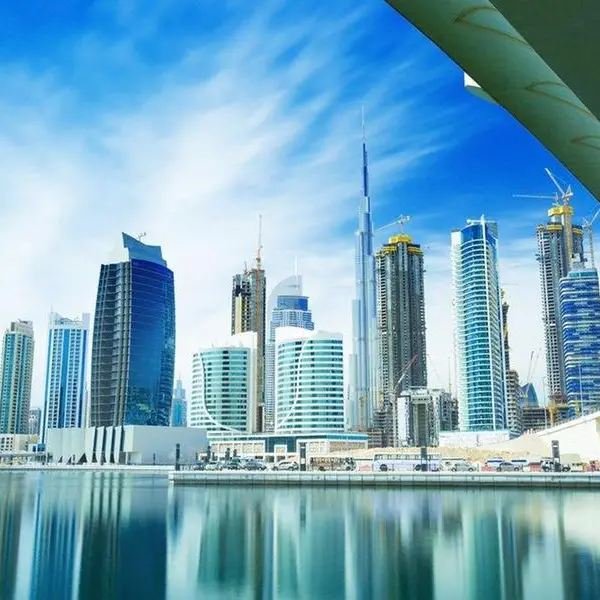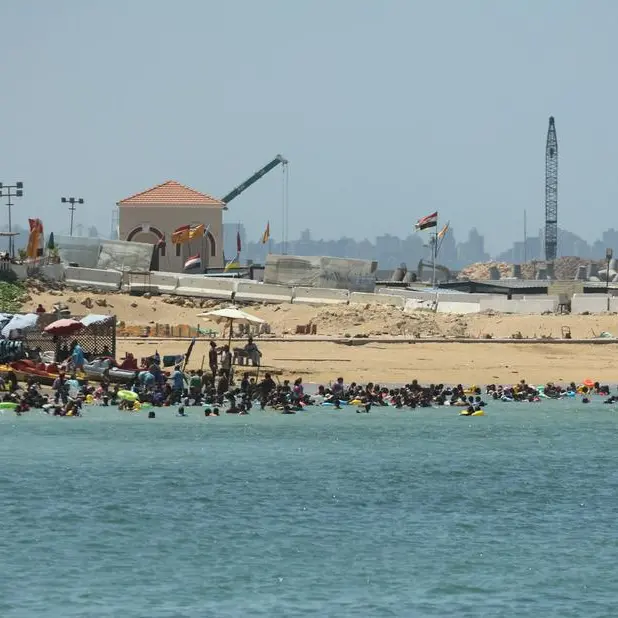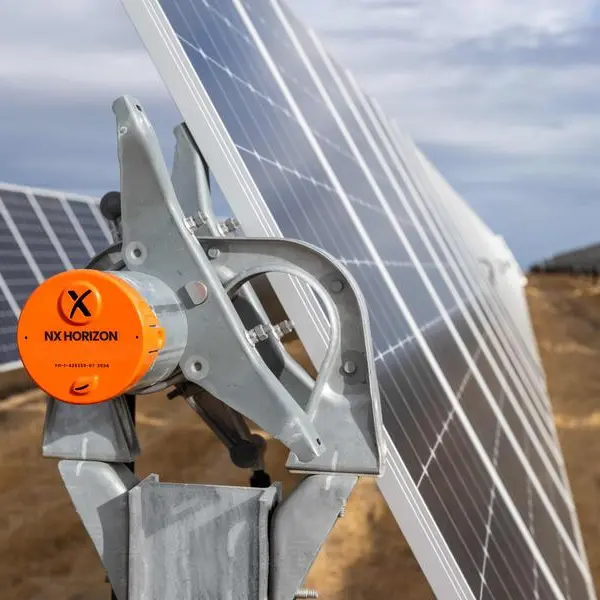PHOTO
NEW YORK: Global investment in renewable energy must more than triple over the next six years to meet the 11,000GW capacity target needed to keep 1.5°C within reach, Dr. Sultan bin Ahmed Al Jaber, Minister of Industry and Advanced Technology and COP28 President, stated today at the Global Renewables Summit, the first-ever high-level public-private summit focused on the goal of tripling renewable energy globally by 2030.
"Tripling renewable capacity is not just a benchmark, it is an essential enabler of all global efforts to keep 1.5°C within reach, advance sustainable prosperity, and leave no one behind," Dr. Al Jaber said at the summit, held on the margins of the 79th UN General Assembly in New York.
Tripling global renewable energy capacity was one of the key outcomes of the historic UAE Consensus, the defining point of reference for global climate ambition and sustainable development. Renewable energy has experienced "historic expansion" globally over the past 20 years, with capacity increasing eightfold and costs falling by more than 80 percent, the COP28 President noted, emphasising that solar power is now cheaper than any other energy source. However, while "trends are moving in the right direction, they just aren’t moving fast enough," he said.
"We urgently need to shift gears in three key areas," Dr. Al Jaber continued, calling for greater investment in infrastructure, technology, particularly Artificial Intelligence (AI), and in the Global South. "We need to more than triple overall investment over the next six years to meet our 2030 target of 11,000GW."
While private-sector investment is critical, "investors need to know that their projects will have a viable grid to plug into, in a viable timeline," he pointed out, noting that grid infrastructures in industrialised countries are often over 60 years old, while in many Global South nations "there are no grids at all."
Governments "must step up" and include specific renewable energy and infrastructure targets in their upcoming Nationally Determined Contributions (NDCs), Dr. Al Jaber urged. He also emphasised the need for policies that incentivise private-sector investment and streamline permitting. "In too many places, the pace of permitting is like driving with the handbrake on, when we need to be accelerating down the highway," he remarked.
Technology, particularly AI, could help unlock the key challenges facing renewable energy—such as intermittency and storage—by making grids smarter and enabling better usage mapping. Predictive maintenance could extend battery life, strengthen transmission infrastructure, and boost storage capacity, he explained. AI could also help integrate baseload and renewable energy sources to maximise carbon efficiency and enhance energy security.
"The faster we invest in and apply AI to the energy sector, the faster its benefits can be scaled," Dr. Al Jaber said, highlighting that the UAE will host a special forum with tech and energy leaders this November in Abu Dhabi. "These two sectors are simply interdependent," he added.
"The opportunity for sustainable economic prosperity through smarter, greener growth has never been greater, but some parts of the world are not seeing a fair share of this opportunity," Dr. Al Jaber noted, pointing out that over 120 developing countries currently attract less than 15 percent of global renewable energy investment.
"When it comes to climate finance, old models must be challenged, and new models championed," he urged, calling on international financial institutions to make finance more available, accessible, and affordable, and for private finance to be incentivised through "innovative" blended models.
Dr. Al Jaber highlighted the Africa Green Investment Initiative, launched last year by the UAE, which is targeting the development of 25 renewable energy and storage projects across 14 African nations, as an example of incentivising investment. He also cited the example of ALTÉRRA, the climate investment fund launched at COP28, which has already deployed US$6.5 billion with investors in projects with a combined portfolio of 40GW.
"There is much more to do to fill the power development gap in the Global South," he said. "And I would encourage all parties to explore all solutions in collaboration with like-minded partners."
Declaring that "business as usual simply will not work," Dr. Al Jaber called for a "new model of engagement that drives public and private partnerships to a new level," along with a "true spirit of solidarity" and a "renewed sense of positivity that views spending on renewables as an investment that will bring significant returns."
The Global Renewables Summit is being held from 23rd to 25th September, bringing together leaders from industry, government, intergovernmental organisations, NGOs, and philanthropy to discuss the progress, opportunities, and challenges of tripling renewable energy globally by 2030.





















